The voters of New York City have spoken. More than that, they’ve shouted it from the rooftops: Look how dumb we are!
Ok, that’s not exactly what they said. Ok, I’m reading between the lines.
It may be more accurate to say that, given a choice between a corrupt politician and a communist, they’ve gone with the communist. Talk about your lose-lose situation.
Is Mamdani really a communist? I don’t know. America’s ability to use “communist” and “socialist” interchangeably muddies the waters somewhat, but Mamdani has certainly said a few things that make him look like one:
He is also proposing city-owned grocery stores (decommodifying food) and a rent freeze on 1 million apartments (state price controls).
Does that make him a communist? Argue amongst yourselves.
Call him what you will, he’s on the far-left. I’m less interested in a label than I am with his and his fellow far-leftists’ never-ending cries to “tax the rich.”
Why?
Am I rich and just looking out for myself? Possibly. It depends on your definition of “rich.” And that is where the problem lies.
There are 23.8 million millionaires in the United States and between 340k to 384k-500k in NYC. These range from the “millionaire next door” with a net worth barely over $1 million, all the way up to Larry Ellison, the richest man in the world, with a net worth of US$393 billion.
It’s very hard to argue that you aren’t rich if you have more money than anyone else in the world, but what about the poor little rich guys and gals with net worths of $1 million, are they rich?
What is “rich?”
Nobody will argue that $1 million isn’t a lot of money, but in my mind, to be “rich” you must have enough money to do as you please (within reason, not being able to buy a yacht doesn’t mean you’re poor). Framing the question another way, is $1 million “screw you money?”
Let’s ignore, for the moment, the fact that the cost of living varies across the country and just look at what you can get with that amount of money. Based on financial history, someone with $1 million could safely withdraw $35,000 in year 1 (and raise it every year with CPI inflation) with a greater than 99% chance that their $1 million never drops below $1 million in today’s dollars.
Put that way, it doesn’t sound like a lot, does it?
Someone with a net worth of $1 million in the United States has more money than 81.5% of the American public, but they are not rich?
Would it be fair to say that someone who earns the median US salary, without working, is rich?
The median usual weekly earnings for full-time wage and salary workers in Q2 2025 were $1,196, which annualizes to roughly $62,200. To earn this without working, you would need between $1.5 – $3 million, depending on inflation and your risk tolerance, and return assumptions. That’s starting to feel a little more like “rich,” but you’d still have to be choosy about where you lived. $62k per year isn’t going to go far in NYC.
Why is it so hard to define “rich?”
One of the problems is that we’re obsessed with the term “millionaire.” The term gained widespread use in Britain and America in the 1820s and 1830s, coinciding with the rise of industrial capitalism and the new class of wealthy industrialists and financiers. A million dollars back then was a lot of money. How much? Adjust for inflation, it comes to about $30–$35 million by the usual “buying-power” (CPI) measure. I doubt anyone reading this would argue that someone with that kind of money was middle class.
Why is “tax the rich” a problem?
Aside from the cost-of-living issues, the underlying claim is that “the rich” don’t contribute. A quick look at US tax brackets shows this to be a lie:
The more money you have, the higher percentage you need to pay (up to $609,351).
We also know that “the rich” contribute more to taxes than anyone else.
However, the leftist assault on the rich also ignores personal choice as these two scenarios demonstrate:
Scenario 1:
You and I have the same job. You run up credit card bills, own multiple cars, and go on expensive vacations. I put aside 10% of my paycheck every month, buy used cars, and take economic vacations. After 30 years, I have enough in my bank account to retire at 55. You will have to work another 15 years.
I worked hard, saved, and lived within my means.
Mamdani sees a “rich” person who doesn’t pay his “fair share.”
Scenario 2:
I buy a condo in NYC in 1999 for a median price of $425,000. Today, that condo is worth $1.68 million.
I was fortunate to be able to buy a condo for a (relatively) affordable price before the housing market took off.
Mamdani sees a “rich” person who doesn’t pay his “fair share.”
Who cares?
Well, Mamdani doesn’t obviously. Nor do his fellow leftists. Pointing out that “rich” and “fair” are vague terms will get you nowhere. Largely because that’s why they use the term. If it doesn’t mean anything, it can mean anything you want. It’s also important to point out that a catchy political slogan trumps deep thinking any day of the week. And “political” is the key word. The mayor-elect has been swept into power by an electorate intoxicated by all the “free” services he’s promised. Unfortunately for him, he now has to deal with just how costly “free” can be.
Mamdani’s various proposals are projected to add $10–12 billion annually once fully implemented. This would increase the city’s ~$110 billion FY 2025 operating budget by 9–11%. Despite what many people seem to think, that money needs to come from somewhere, and proposing to “tax the rich” is the perfect strategy. If he succeeds in taxing “the rich,” the money will fund what he wants to do. If he fails, then it’s because “the rich” refuse to pay “their fair share” and he hasn’t failed, he’s been undermined by the bourgeoisie.
In a certain sense, the people of NY were given the choice between dishonesty and communism. They chose communism. They will get both.
Phil is a freelance writer, Canadian Navy veteran, and classical liberal. He has lived and worked in both Canada and the United States and currently resides in Vancouver, British Columbia where he writes on politics, individual rights, free speech, and anything else that catches his fancy.
As you may have picked up from this article he’s now trying his hand at humor. You can find some of what he finds funny here.
If you enjoyed this article, please consider sharing your thoughts in the comments, subscribing, or even buying him a coffee if you’re feeling generous and felt that this was a particularly enjoyable article.
Wrong Speak is a free-expression platform that allows varying viewpoints. All views expressed in this article are the author’s own.



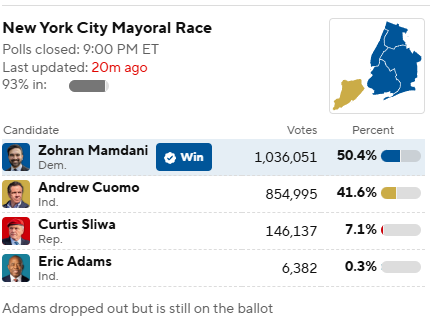
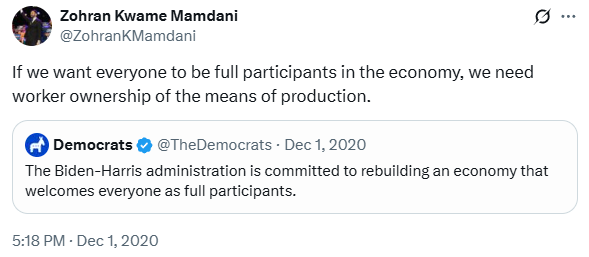
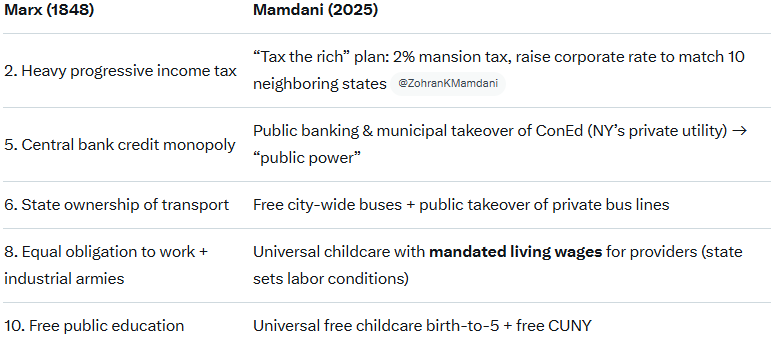
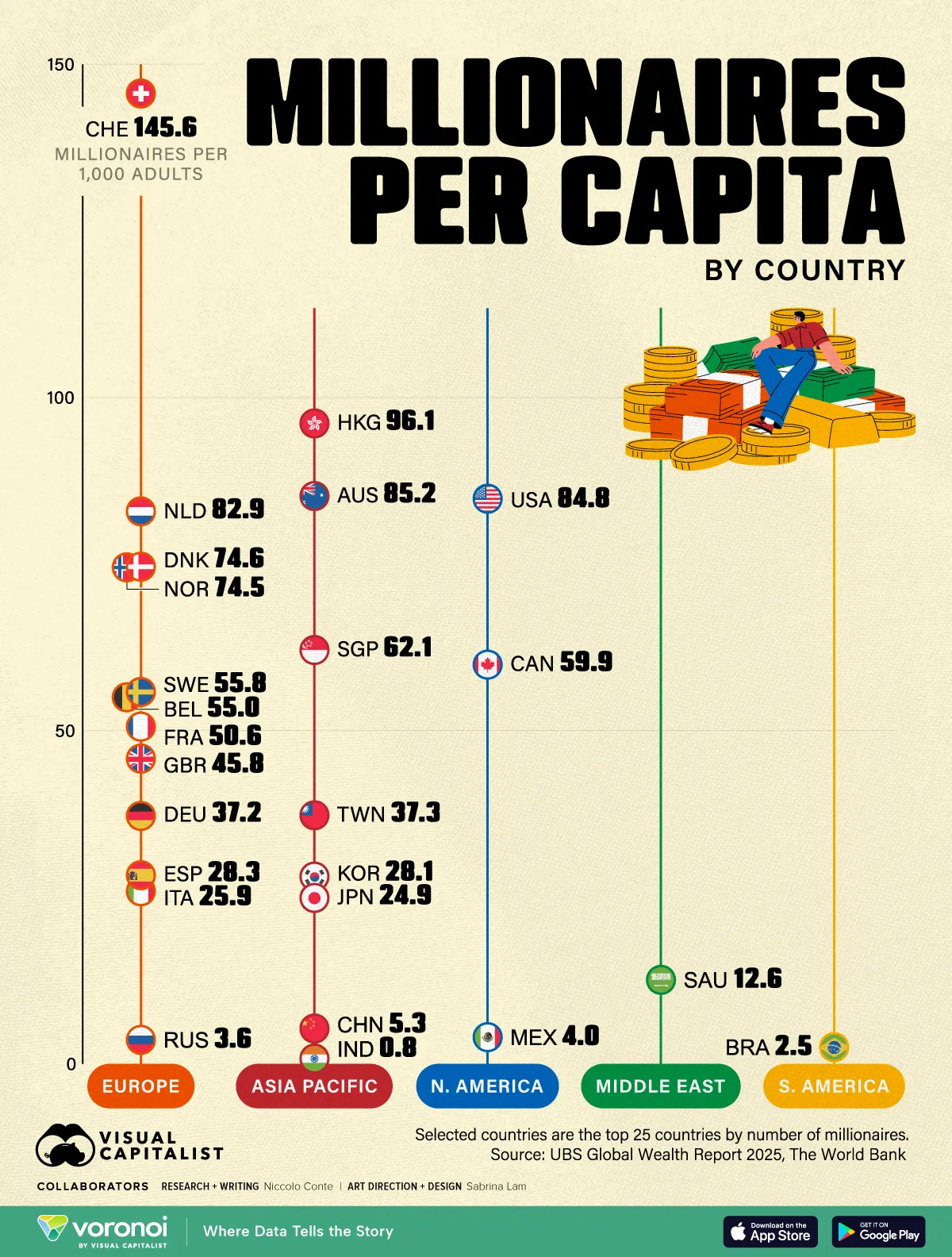

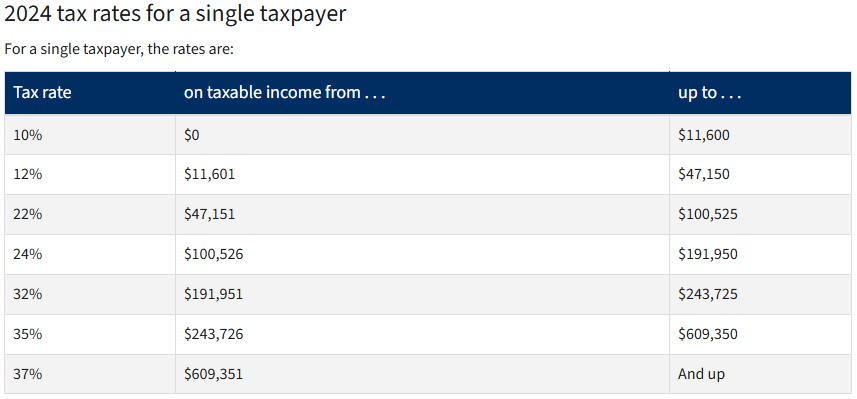
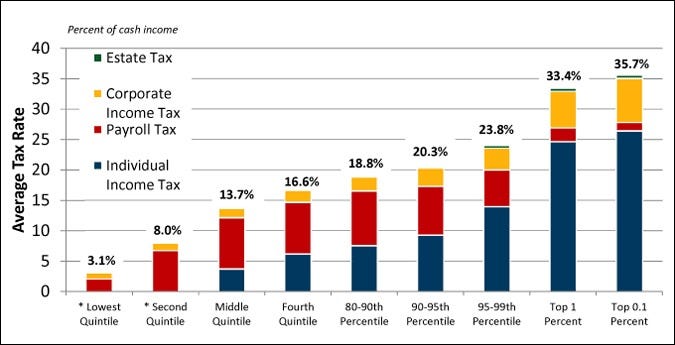
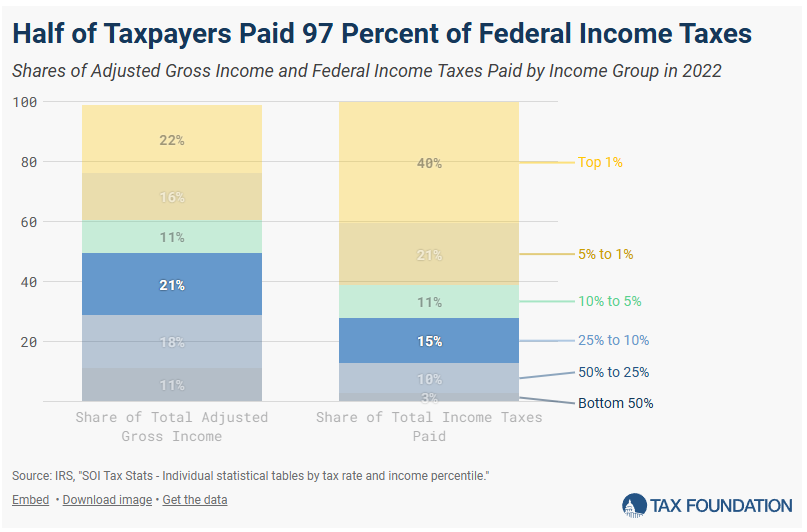

As a person whose taxes go to NYC to fund their welfare and immigrant programs while our own roads are riddled with potholes, crime has destroyed many neighborhoods and countless lives, and angry welfare recipients sneer at us in the grocery stores, I'm afraid of Mamdani and his supporters. The very wealthy will move to Florida, Texas or elsewhere to escape what is about to happen. Those of us who cannot, and whose total assets may put us into the "privileged class" will bear the brunt. Like you, many of us lived frugally and saved for retirement so we wouldn't become a burden. We are now seen as greedy and selfish, and the less responsible want to extract from us everything that they can. Inept governor Kathy Hochul will be aiding and abetting the crime.
“In a certain sense, the people of NY were given the choice between dishonesty and communism. They chose communism. They will get both.”
This is Sowellian in scope and significance. (That’s the highest level of praise I can give any thinker.)
This quote can be used against the backdrop of history.
Every organizational choice offered to humans may be modeled as:
The choice between dishonesty and ….Dictatorship/Totalitarianism/Tyranny/Aristocracy/Oligarchy/Plutocracy/Meritocracy/Technocracy/Military Junta/Stratocracy/Confederation/Federalism/Republic/Communism/Anarchy.
Why do we end up getting both?
The answer must be because we don’t understand that whatever system we choose it doesn’t have the magic power to make our lives good. Only we do by taking responsibility and actions. To believe otherwise is to be worse than deceived or lied to; it is to be unconscious.